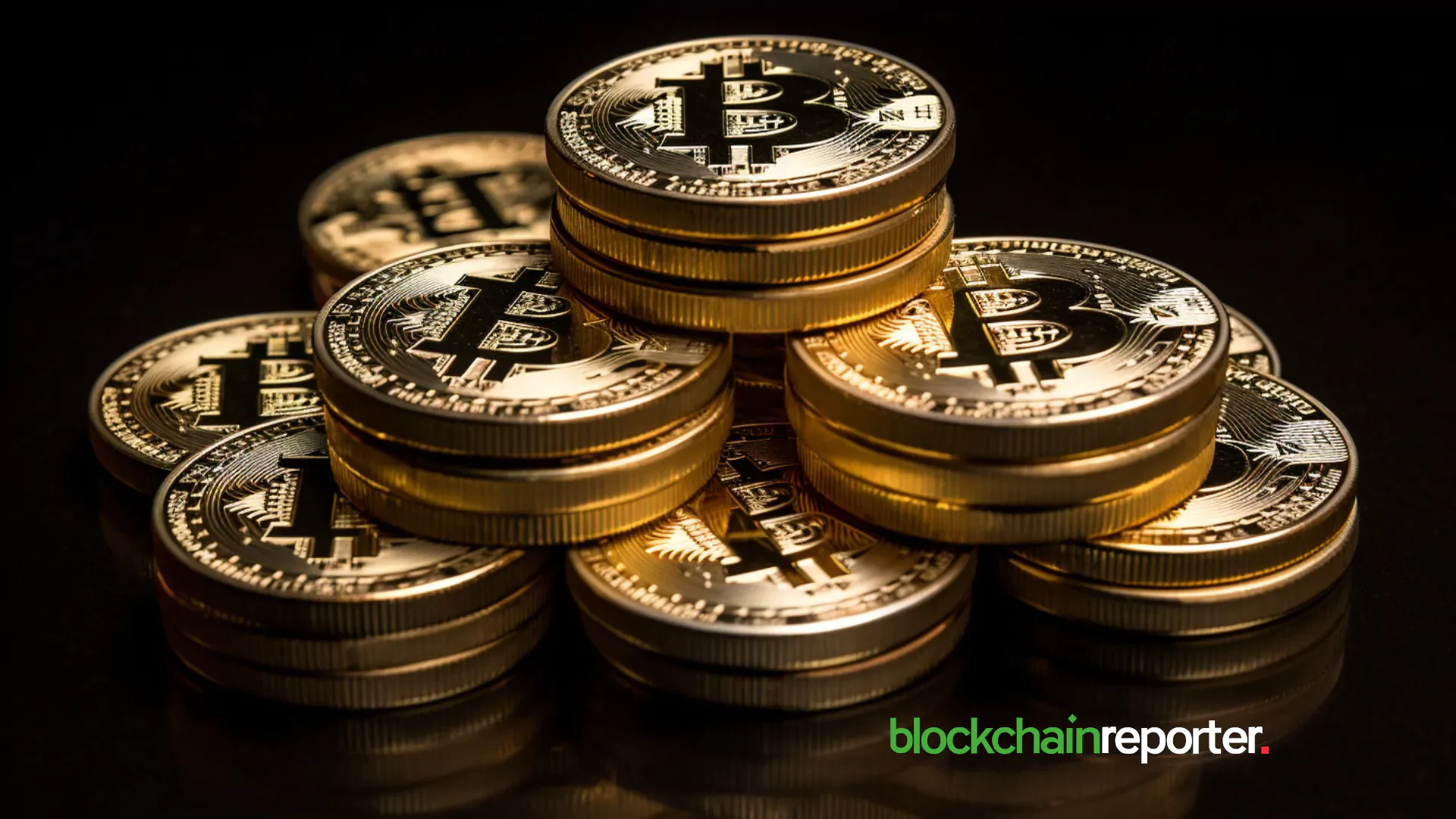Stablecoin Push Triggers Tensions Between Central Bank and Policymakers in South Korea



South Korea is experiencing a notable turning point in the digital sector as a result of an exclusive bill. As per the data from CoinRank, the proposal of a new stablecoin bill by South Korea’s ruling party has triggered significant tension between the policymakers and the Bank of Korea. The crypto and blockchain news platform mentioned in a social media post that the landmark bill is a game-changer for South Korea’s digital economy. In addition to this, the respective move also highlights the growing acceptance of the blockchain in the mainstream economic world.
South Korean Ruling Party Gets Backlash for Proposed Stablecoin Bill
The stablecoin bill proposed by the ruling party of South Korea is reportedly set to permit crypto entities to offer fiat reserves-backed, KRW-pegged stablecoins. In this respect, the companies that have even just 500M KRW (equaling $360,000) in terms of capital will be allowed to issue these assets. This development is considered a part of the wider endeavors to fortify South Korea’s presence in the swiftly expanding blockchain economy. However, the Bank of Korea has severely opposed this policy.
Particularly, the country’s central bank has raised considerable concerns regarding the stablecoin issuance. It is of the view that this widespread issuance could lead to systemic risks to the overall financial ecosystem, specifically during economic uncertainty. Adding to this, the bank has also cautioned against a potential capital flight during such vulnerable times after the broader stablecoin issuance.
Capital flight denotes a phase during which funds are swiftly extracted from the conventional banking systems and transferred into stablecoin entities. Thus, such an event could likely destabilize South Korean domestic economic sector’s liquidity. At the same time, the bill’s approval could also expedite privately released digital tokens’ demand at the cost of the present banking infrastructure. Simultaneously, the wide adoption of stablecoins for savings and payments could undermine the effectiveness of the monetary policy.
Groundbreaking Stablecoin Policy Anticipated to Get Massive Traction in South Korean National Assembly
According to CoinRank , the Financial Supervisory Service (FSS) is following a rather cautious stance on exposure to crypto within conventional finance. The agency has requested key asset management firms to systematically scale back ETF investments linked to crypto entities like Strategy Shares and Coinbase. Reaffirming its stance, the FSS has referred to the increased volatility as well as compliance risks. Overall, despite the opposition from the Bank of Korea, the proposed stablecoin bill is anticipated to get notable traction in the country’s National Assembly.

Top Blockchain Networks by DeFi TVL: Ethereum Leads With $84.73 Billion in TVL
Blockchain networks represent their overall chain health by measuring the total value locked. This i...

MicroStrategy Expands Bitcoin Holdings as New Preferred Stock Fuels Acquisition Push
MicroStrategy boosts Bitcoin holdings to $71.8B, launches $2.8B “Stretch” stock to fund more $BTC bu...

Top Crypto Funding Rounds This Week: QCEX Secures $112 million, Courtyard, Bitzero, Lightyear, xTAO, and Others in the Top 10
The data highlighted top funding rounds in the cryptocurrency market this week, an indicator of a bu...

